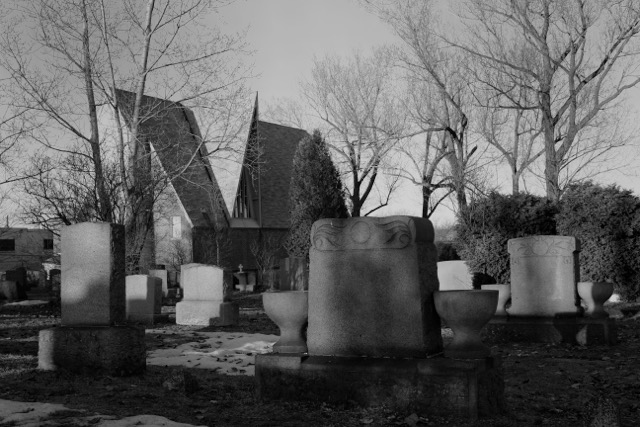Grieving and Writing

Pondering some of the creative non-fiction I have written and subsequently published, I realize that the themes or subject matter definitely relate to times of loss and grieving. Without exception, the writing of these stories helped me through the dark passage of grief toward the light at the end of the tunnel—the light of acceptance and validation, and peace.
Giving yourself the permission to vent your sorrow and express your feelings on the non-judgmental page, by stroke of pen or computer keys, you inevitably spark the flame of creativity. Allowing yourself a means of being creative, you are going inward to the depths of your soul: the place that sustains your spirit. And during times of loss, grief, and suffering, you need to be in touch with yourself, and connect with all things that bring purpose to your life and elevate your spirit.
There is a purpose in spilling your emotions on the page. For Julia Cameron, author of The Artist’s Way, “writing is a psychological as well as a physical activity.” (p. 28, The Right to Write, Jeremy P. Tarcher/Putnam, 1998. “Writing is medicine. It is an appropriate antidote to injury. It is an appropriate companion for any difficult change.” “Writing about the change, we can help it along, lean into it, cooperate. Writing allows us to rewrite our lives.” (p. 31, ibid.)
In my story “Daddy’s Girl,” I reflect on the deteriorating health of my father, who has Parkinson’s Disease and has been hospitalized after a heart attack in 2000. Writing this story after spending hours and days with Dad in the hospital, observing the comings and goings of staff, noting Dad’s actions and reactions, I come to terms with his limitations, and I accept my own in the face of his decline.
Sorrowfully, I think about the colour being leached from his life, fading like a photograph exposed to too much sunlight.
Memories return like snapshots: my father comforting me after a bad dream; helping me with Grade 5 math; buying me a huge blackboard for my 11th birthday; puttering in his garden; raising rabbits and chickens; laughing at the antics of my baby daughter; holding my newborn son; learning he has Parkinson’s disease; becoming stiffer as his illness progresses; crying when I rub his aching back with liniment; doing ‘Tai Chi for Parkinson’s’ video exercises; squeezing my hand in the emergency room . . .
Tearfully, I pray that my father is blessed with sweet dreams. In brilliant colour. (pp. 270-271, Mamma Mia! Good Italian Girls Talk Back, ECW Press, Toronto, 2004)
In another story, “Angel of God,” I revisit the details of my sister Pina’s death at seventeen, the result of peritonitis from a ruptured appendix. I was fifteen at the time, but it was not until another loss in my life seventeen years later, the ending of my first marriage, that I truly felt the ache of her absence. What I would have given for my sister’s comforting arms, her support. I eventually wrote the story one night after a weekend away with some friends, and the dam that had built since Pina’s death burst as my words appeared on the computer screen. I felt the immensity of the loss. The trauma. Within the story is a letter I wrote to Pina, sharing my sadness and loneliness. My tears flowed steadily, and when the story came to an end, I felt the heavy yoke of repressed grief dissolve.
When I completed the letter, I was spent emotionally, but at peace. I had finally mourned my sister. And from that moment, I felt her angel wings embracing me, giving me the strength I needed to carry on. (p. 62, Canadian Woman Studies, Women Writing 3: Journeys, Inanna Publications and Education, Inc., 2007)
For more information, I strongly recommend Louise DeSalvo’s book: Writing As A Way Of Healing: How Telling Our Stories Transforms Our Lives, Beacon Press, Boston, 1999.
– Rosanna Micelotta Battigelli




